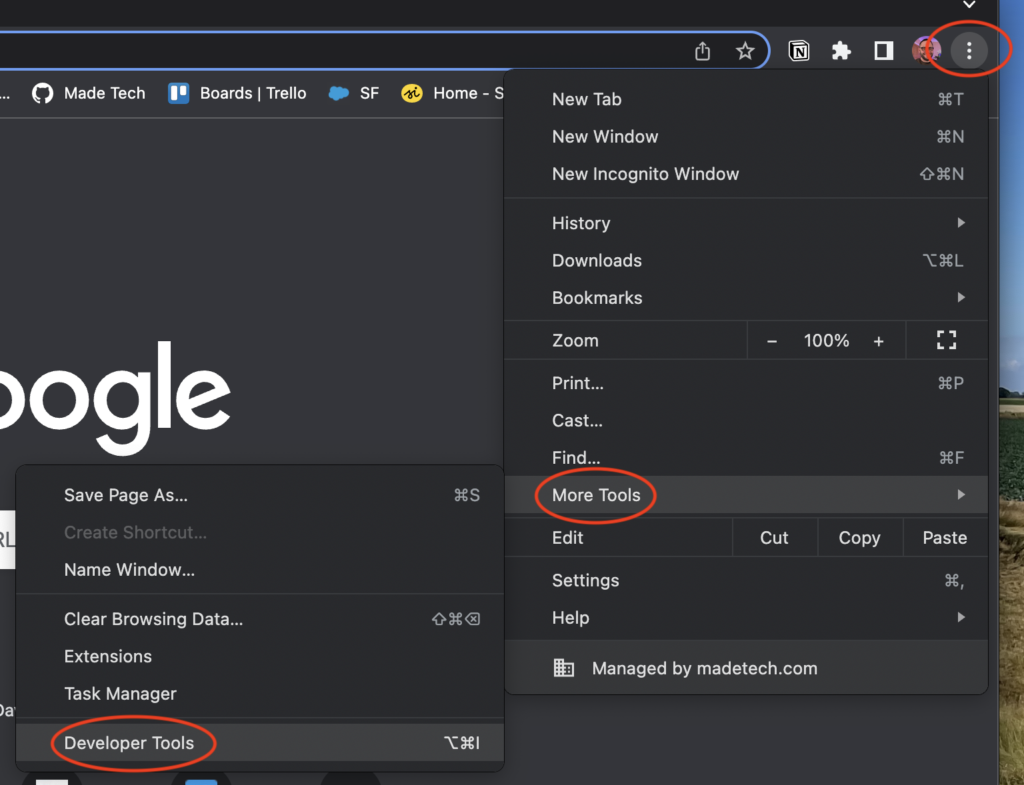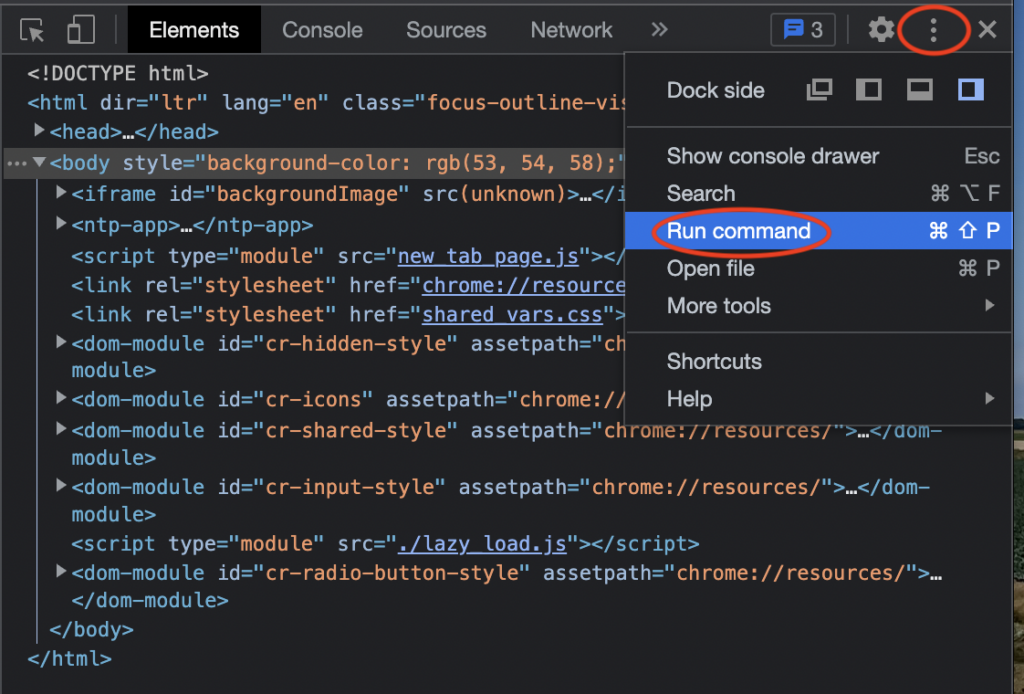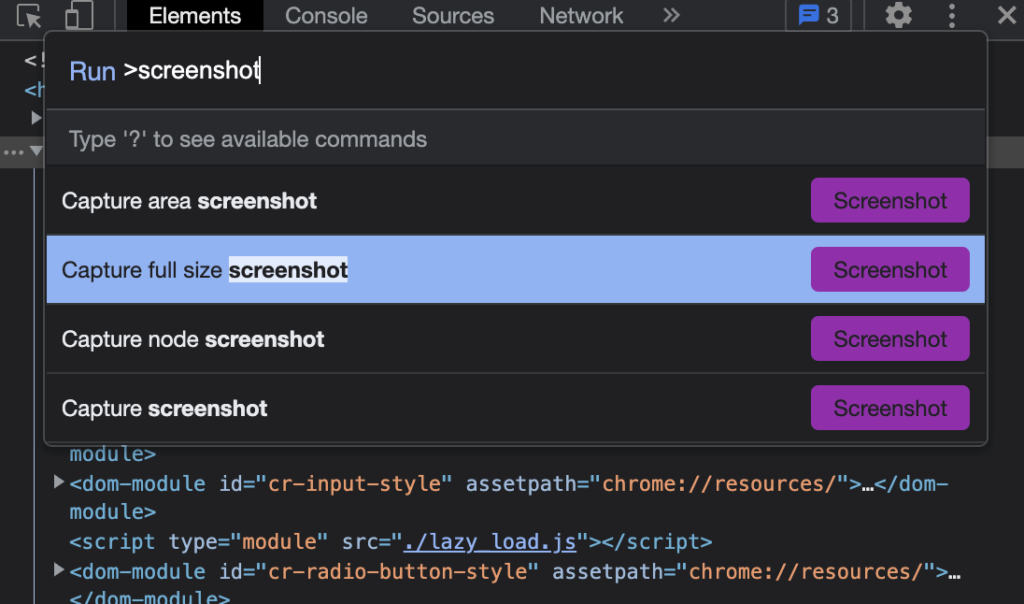Get posts sent to your inbox:
Daily note for 24 April 2023
- How Elon Musk Turned the Blue Checkmark Into a Scarlet Letter – I will never tire of stories that point out what a berk Musk is.
- Leading Charities in a Digital Society

An online notebook
Get posts sent to your inbox:

An online notebook
If you have literally nothing better to do, you can browse the archive of these daily notes.
This is a(nother) thing I am trying to get back into the habit of blogging regularly, recording and reflecting.

Things I’ve seen that are worth sharing.
Exciting next steps for Local Digital and Cyber – Local Digital Collaboration Unit
The Local Digital and Cyber teams are going to be making some exciting changes over the next few months, backed by multi-year funding to the tune of £85 million.
We’re developing an enhanced approach that will allow us to support the local government sector to achieve even more brilliant things, as well as fix the core problems.
Read on to find out about our plans, how we got here, and what this means for local government.
Product design: when private beta isn’t the next step – Lindsay Green
We know that not all projects move from alpha to private beta. But there’s an expectation that it’s the next logical step… then to public beta, then live.
So, when we realised our project wouldn’t make it out of alpha, it felt a bit sad. Almost like something had gone wrong.
We won’t be the only team who find themselves in this situation and we wanted to share what we have learned and more importantly, how it’s actually been a positive thing.
Back to the Future of Twitter – Ben Thompson
The vast majority of commentary about the Musk-Twitter saga has focused on the first three paragraphs: what does Musk mean by making Twitter more free speech oriented? Why doesn’t Musk believe he can work with the current board and management? Does Musk have the cash available to buy Twitter, and would the Twitter board accept his offer (no on the latter, but more on this below)?
The most interesting question of all, though, is the last paragraph: what potential does Musk see, and could he unlock it? For my part, not only do I agree the potential is vast, but I do think Musk could unlock it — and that itself has implications for the preceding paragraphs.
Thanks to the mistrust of big tech, the creation of better tools for developers, and the weird and wonderful creativity of ordinary people, we’re seeing an incredibly unlikely comeback: the web is thriving again.
How to build a stress-free Slack experience for your whole team – Kim Kaveh
In your Slack workspace, you can work with your team, connect software tools and services, keep up to date with announcements and find the information you need to do your best work. Managed without care, it does have the potential to be distracting – and even a source of stress. It can affect productivity and mental wellbeing.
But there are ways your organisation’s leaders, Slack administrators and team can use Slack to minimise distraction and ease stress levels to help your team make the most of their working day. In this post, I’ll talk you through some helpful strategies.
Podcast: Product management and STEM Diversity, with Karl Dickman
What do STEM ambassadors do? Learn about product management and diversity in Science, Technology, Engineering and Mathematics.
This is a handy feature, hidden away in Chrome, that I was very pleased to discover the other day. Basically it’s a way to create a screenshot of an entire webpage, and not just the bit that is currently visible, without the need to install any extensions or whatnot.
It might be that this feature isn’t accessible to you at work, as it uses the developer tools menu, which some places switch off for their users to stop them having too much fun. Sorry about that.
First click the three dots that are usually found on the top right of the browser window to bring up a bunch of extra options. Find More Tools and click that, and then click Developer Tools on the next menu that pops up.

The developer tools console will then pop up on the right hand side of your browser (usually). Hit the three dots on that, and then choose Run command.

Type the word screenshot and a list of related commands appears. Click Capture full size screenshot.

Doing so should instantly download a png of whatever tab you were viewing when you ran the command.
It might seem convoluted at first, but I definitely prefer it to faffing about with extensions and so on.

Things I’ve seen that are worth sharing.
Reflections on my time as the Head of Local Digital – May-N Leow
This week brings to a close my two and a half years as Head of the Local Digital Collaboration Unit (LDCU). In this blog post, I want to reflect back on the lessons learnt and achievements, such as bringing local authorities together to solve common challenges, and in particular how a group of local authorities and suppliers are cooperating together to deliver an open source solution.
How the [open source revenues & benefits] discovery phase is informing the alpha – Amanda Pujol
Revenue and Benefits systems are one of the key digital systems for all local authorities, processing payments to and from local businesses, council tax payers and hundreds of low income households on a weekly basis. They hold key customer data and, as such, are a linchpin in delivering councils’ digital transformation strategies and should link seamlessly into other key council systems.
You would expect that transformation of these systems would be at the forefront of every council’s mind. And they are, but because there are limited options (3 main suppliers in the market), there is a level of dissatisfaction with the market and transformation is considered to be costly and risky. Only 2 LAs in the country have their own in house Revs and Bens systems and Sedgemoor are one such council.
It’s always great to receive recognition for the hard work our team is doing. At the beginning of March we were delighted to win the Gold award for Customer Focus at the iESE Public Sector Transformation awards… Our entry focused on two areas of Cumbria Council – Highways Enquiries and Fault Reporting and Targeted Short Breaks for SEND Children.
Digital Playbook 3 day sprint – Nicola Bryant
I have competed my first 3-day design sprint to build a prototype digital playbook. I wasn’t quite sure what to expect – so while a little hectic, sometimes intense – all in all it was a great experience and I am becoming more used to feeling comfortable with the uncomfortable! Below for the record sets out what we did, how we went about it and what we discovered.
Servant leadership, with Katy Armstrong
What is servant leadership, and how can you use it to help your teams fly? Clare Sudbery talks to Katy Armstrong about how to empower teams to do their absolute best work, by removing blockers, identifying vision and giving them everything they need.
The business analyst’s role in building successful teams – Khalil Anwar
I began my journey as a BA half a decade ago, and here I am today: a lead BA at Made Tech. I love being able to make a difference to a very diverse mix of users of public sector systems, which has ranged from Home Office frontline users to clinicians in the NHS, as well as the general public. Learning about the different systems and processes involved goes hand in hand with this, so I’m constantly learning and developing my skill set. But there’s much more to the job than this. Here’s the lowdown on what we do, what makes a good BA, and how we contribute to success.
Accelerating delivery: 10 questions to ask your team – Anikh Subhan
If you work in digital in the public sector, you’re probably aware of accelerated delivery. It helps to build projects faster, more efficiently, and with reduced risk.
If your team is new to delivery at pace, we’ve outlined 10 questions to ask yourself and your team to make sure you’re set up for success.

I’ve been making a few changes around here!
This blog has existed in one form or another for a very long time – since September 2004 in fact. It’s a bit of a hotch-potch of content, because as well as the posts I have been making regularly on here in the form of a personal blog, I also have imported into it the archives of various others sites I have maintained in the past, whether for work or other projects.
Over this time it has had many guises, names and URLs, but has been settled at da.vebrig.gs/ and on WordPress.com for a fair few years.
However, I have this week migrated the whole archive of my blog to a self hosted WordPress instance. This is because I want to merge the content from the SensibleTech website into this one, and some of the content requires some customisation that isn’t possible on WP.com without shelling out more cash than I would like to.
It shouldn’t look too different at the moment, as I have stuck with the same theme and only tweaked the odd display setting.
So far I have imported the standard posts and the table containing the list of local government blogs. All this content is stored in the category ‘sensibletech‘ so if needed, it can be found in one place.
The next job is to import the link library, which is made up of a customer post type, custom taxonomies and some custom theme code to make it work. That will probably be a long job, so don’t hold your breath!